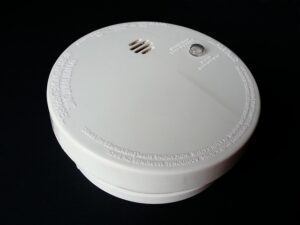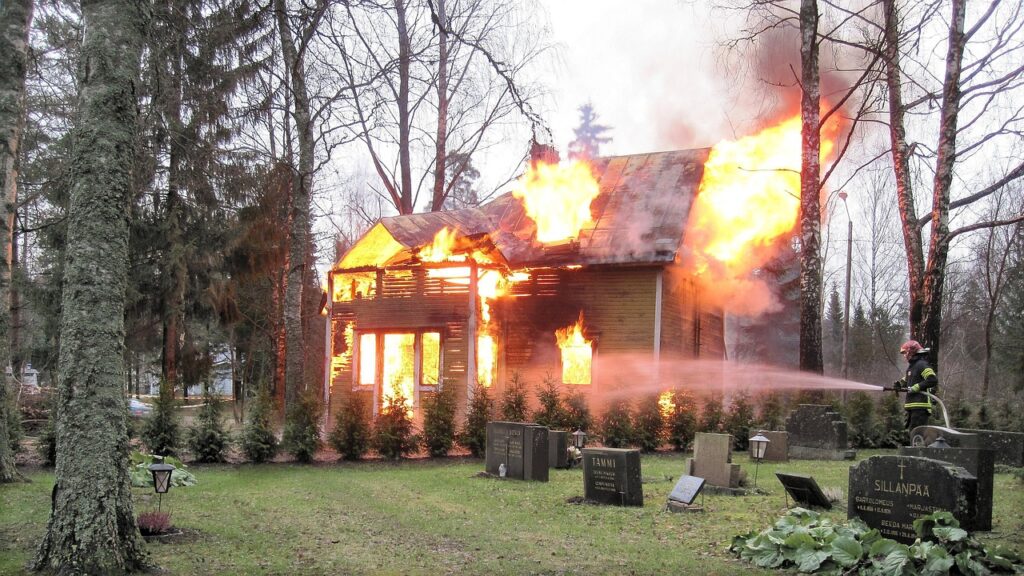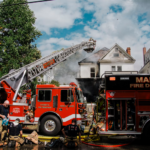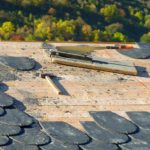Welcome to our blog, where we prioritize the safety and well-being of you and your loved ones. Today, we’re delving into a topic that affects us all: fire hazards and how to protect our homes from them. From flickering candles to faulty electrical wiring, it’s crucial to equip ourselves with essential tips that can make all the difference in safeguarding what matters most – our cherished homes.
Install and Maintain Smoke Alarms
Smoke alarms are your first line of defense against fires. These appliances are designed to detect smoke and alert you to the presence of a fire, giving you valuable time to evacuate your home. To ensure their effectiveness, install smoke alarms in key locations throughout your house. Regularly test your smoke alarms and replace their batteries at least once a year. Additionally, replace the entire unit every ten years, as their sensitivity can decrease over time.
Practice Safe Cooking Habits
Cooking is a common cause of house fires, so practicing safe cooking habits is crucial. Never leave cooking unattended, especially when frying, grilling, or broiling food. Keep flammable materials such as kitchen towels and potholders away from hot surfaces, and use a timer to remind yourself to check on your cooking. Ensure that your stove and oven are clean, as built-up grease can ignite and cause a fire. Lastly, invest in a fire extinguisher for your kitchen and learn how to use it. Although you can sell fire damaged property, it is best to avoid a fire altogether, and practicing safe cooking habits can help prevent one.
Maintain Electrical Systems
Faulty electrical systems are a major fire hazard. Regularly inspect your home’s wiring, outlets, and appliances for any indications of wear, damage, or overheating. If you notice issues, consult with a qualified electrician to address them promptly. Avoid overloading electrical outlets or using extension cords for prolonged periods, as this can lead to overheating. When not in use, unplug chargers and appliances to reduce the risk of electrical fires.
Be Cautious With Heating Sources
Heating equipment, including space heaters, fireplaces, and wood stoves, can pose a fire hazard if not used safely. Ensure that heating sources are placed at least three feet away from flammable materials and are on a stable surface. Follow the manufacturer’s guidelines for your heating equipment, and have it inspected regularly to ensure it is in good working condition. If you use a fireplace, have your chimney cleaned and inspected annually to prevent the buildup of creosote, which is highly flammable.
Store Flammable Materials Safely
Many households contain flammable materials such as gasoline, cleaning products, and propane tanks. To prevent fires, store these materials in a safe and well-ventilated area, away from heat sources, and in containers specifically designed for their storage. If you have a garage, be mindful of the flammable materials you store there and consider investing in a fire-resistant storage cabinet.
Develop and Practice a Family Fire Escape Plan
In the unfortunate event that a fire does occur, having a well-thought-out escape plan can make a significant difference. Create a family fire escape plan that includes designated escape routes and meeting points outside your home. Conduct regular fire drills with your family to ensure everyone knows what to do in case of a fire. Teach your children how to safely exit the home, and emphasize the importance of staying low to avoid smoke inhalation. Designate a responsible family member to ensure that everyone is accounted for during an evacuation. Preventing fires in your home is a responsibility that should not be taken lightly. By following these six expert tips, you can significantly reduce the risk of a house fire and enhance the safety of your family and property. Remember to install and maintain smoke alarms, practice safe cooking habits, maintain your electrical systems, be cautious with heating sources, store flammable materials safely, and develop a comprehensive family fire escape plan.











